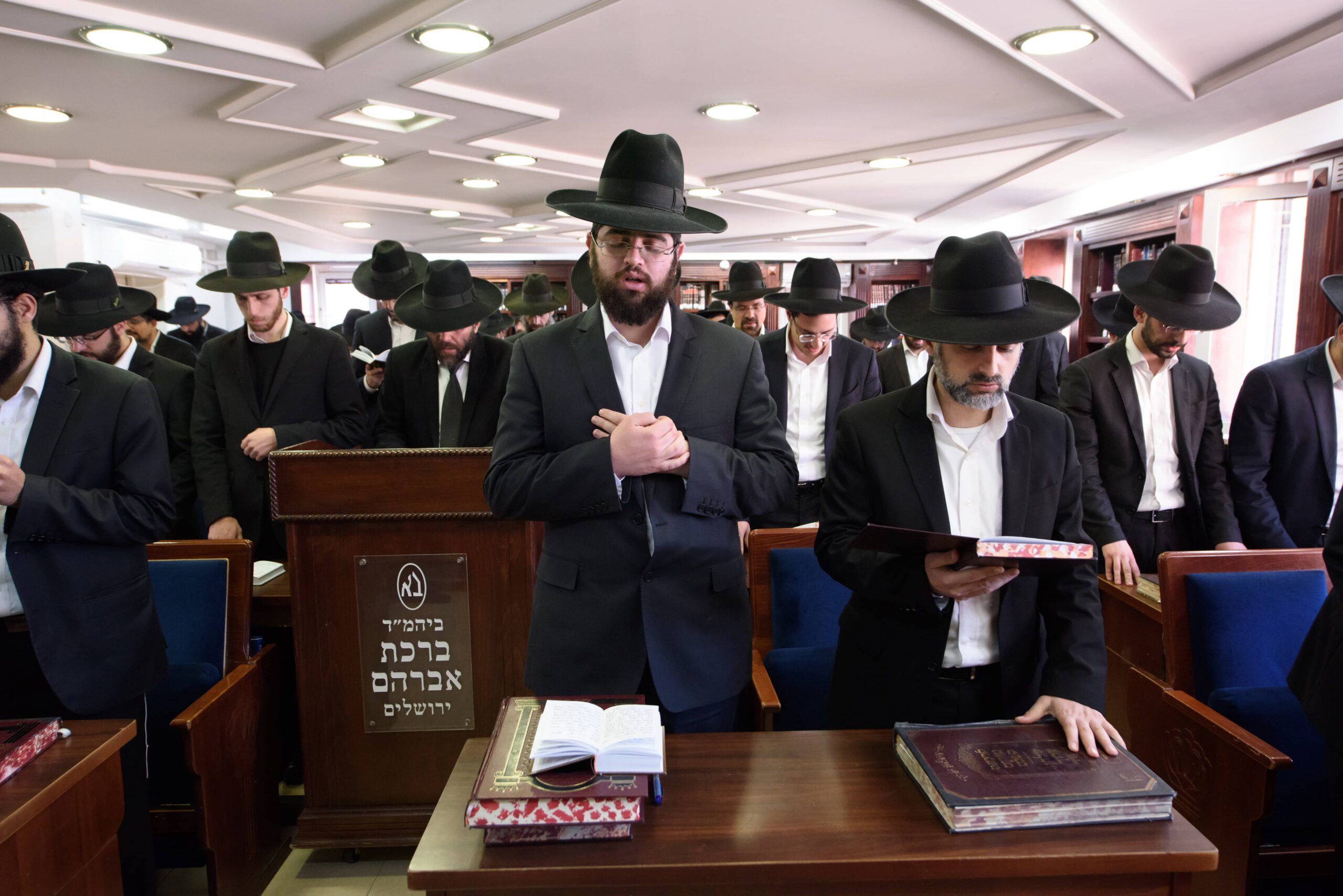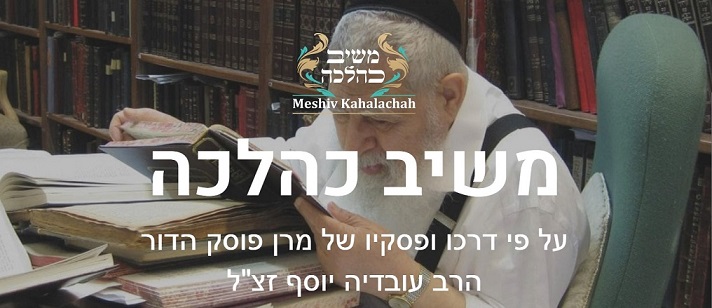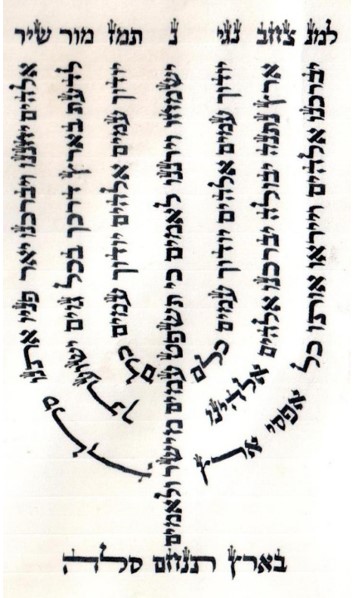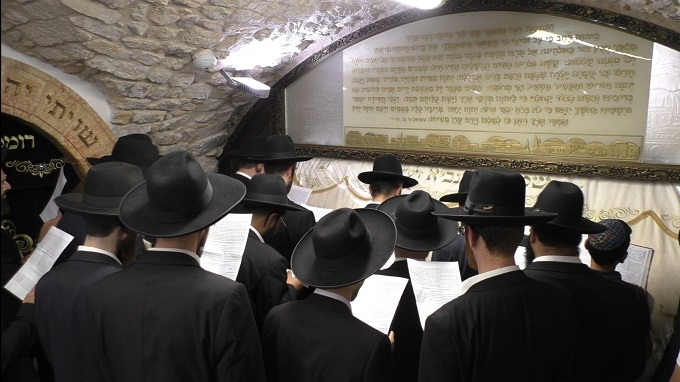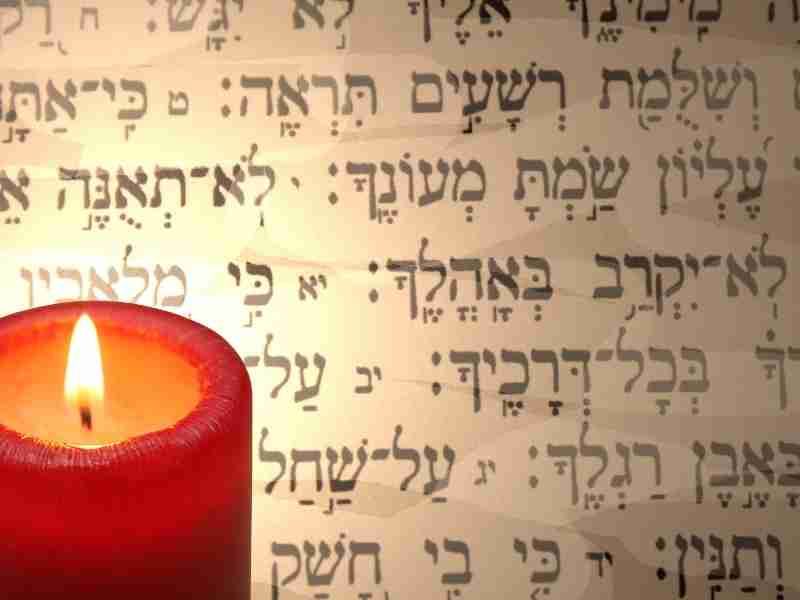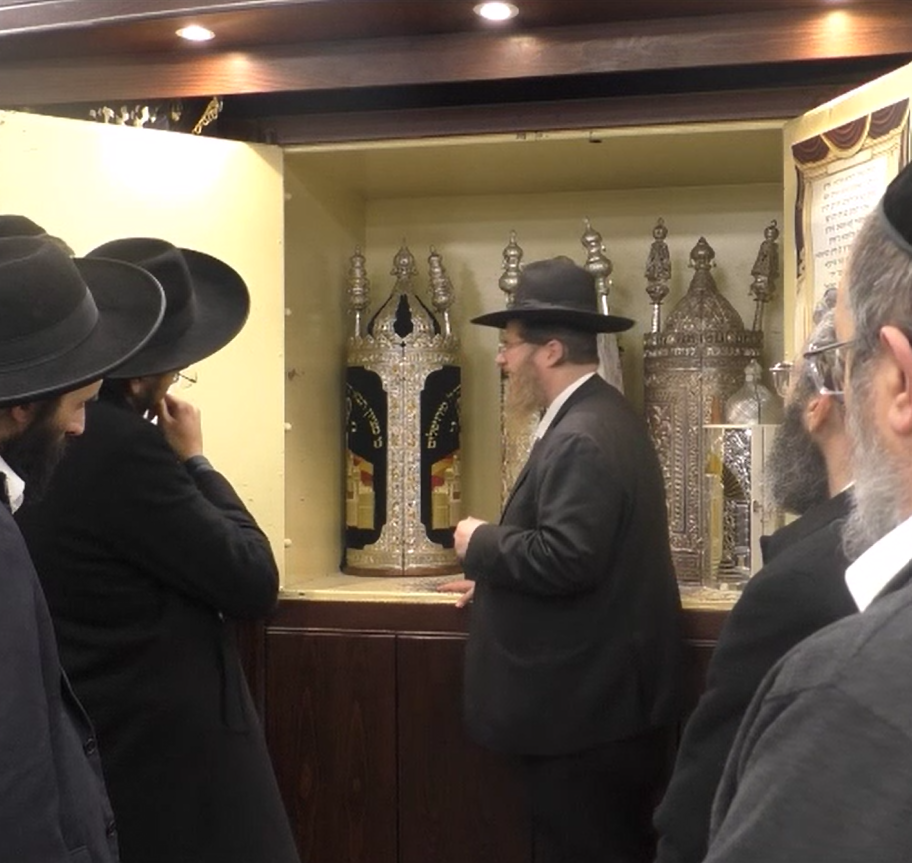Question:
As part of a Torah study, I documented the words of zohar, that the prayerist should not make his voice heard even to his ears, I wanted to find out what the Halacha is, and what is the right way one should pray, and how should I educate my household, and whether it should be divided between the ‘amidah’ prayer in the revised version, to the prayers in my words about my personal affairs.?
Answer:
Indeed, it is the opinion of the Zohar, as is the Beit Yosef wrote, but for the purpose of halacha the rabbis were divided as an annotated in the sources, but in those who are accustomed to voicing to their ears, it is necessary to know that there are other laws in prayer that may not exist, for those who have not been accustomed to praying properly without voicing to their ears, and therefore, it is right and proper for those who cannot properly pray, Or he fears the abolition of intent, that he will continue his custom, pray and voice to his ears, so it is easier to get out by a bland duty than to hold on the words of the Zohar, and not to be yotzeh even to the method of zohar.
Regarding private prayer, some believe that even the zohar is in doubt, and therefore will pray in a way that provokes intent.
Sources
